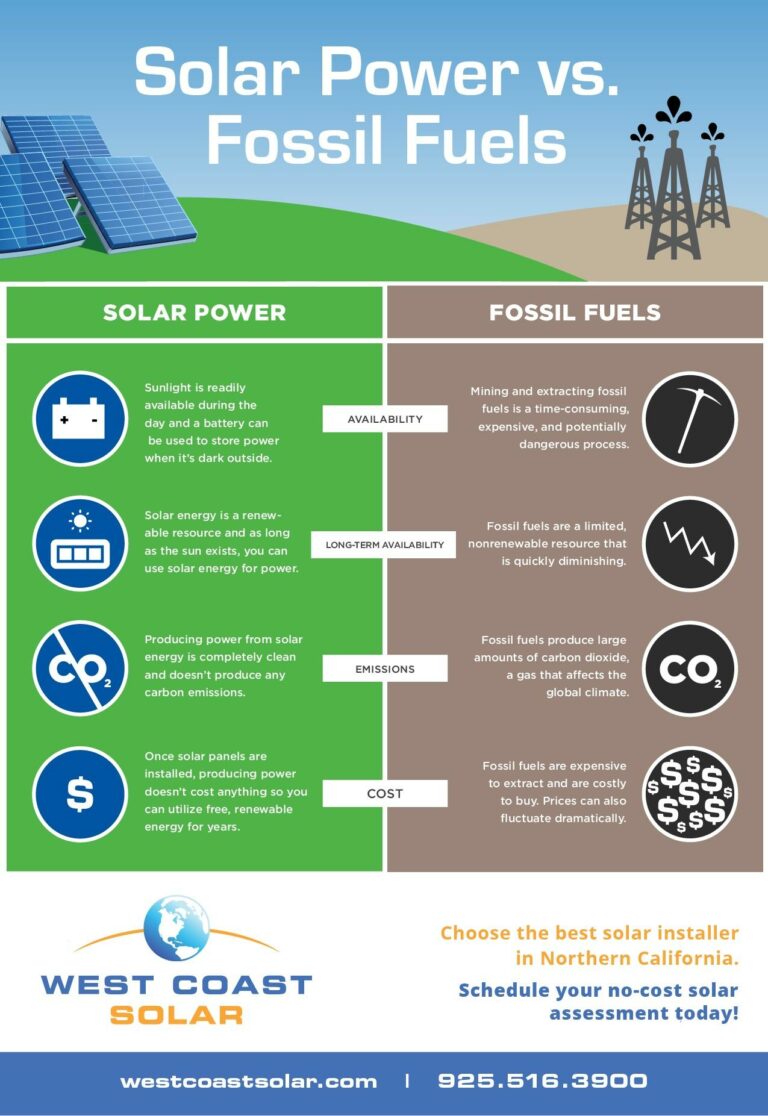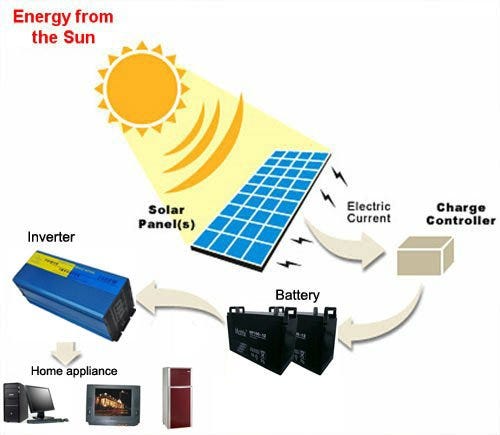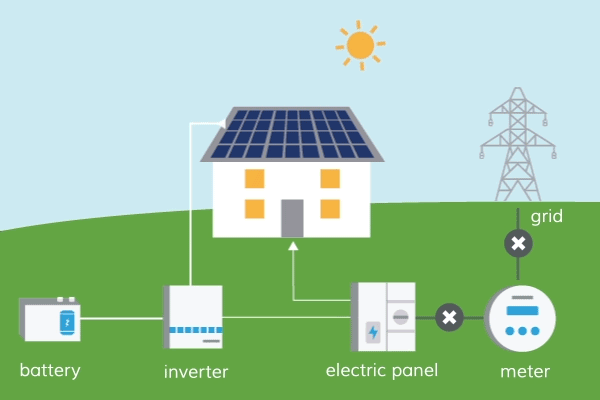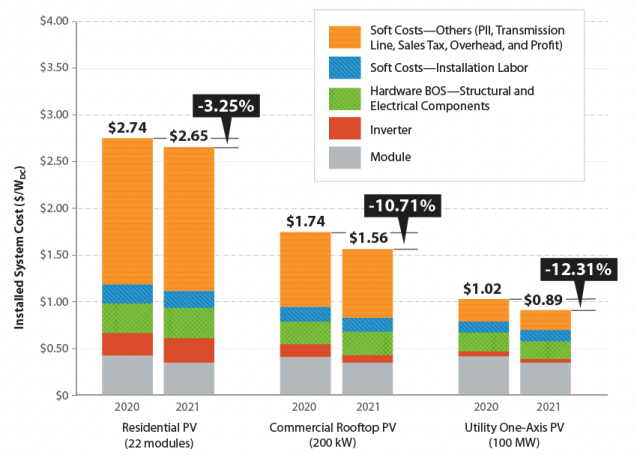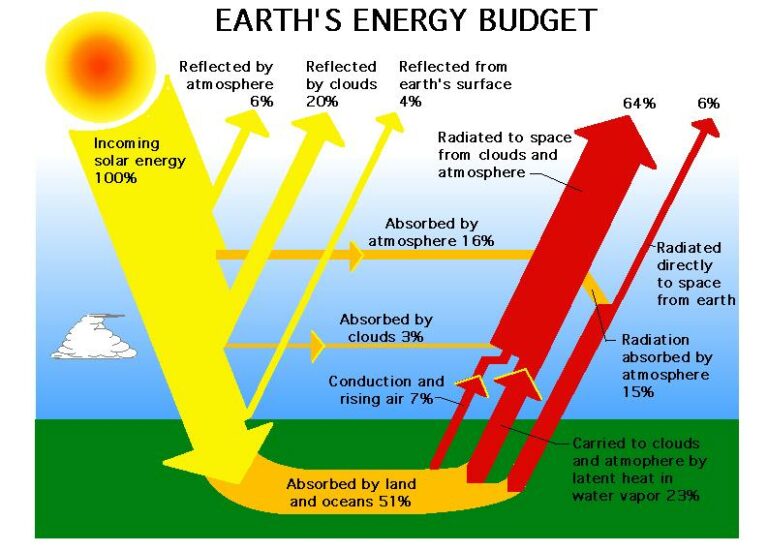How Efficient Is Solar Energy?
When it comes to renewable energy sources, solar energy is a star player. But just how efficient is solar energy? Well, let’s explore that question together.
You see, solar energy is all about harnessing the power of the sun to generate electricity. And boy, does the sun have a lot of power to offer! But before we dive into the nitty-gritty, let’s take a moment to understand what efficiency really means in this context.
Efficiency, simply put, is all about getting the most out of something while using the least amount of resources. So, when we talk about the efficiency of solar energy, we’re asking how effectively it can convert sunlight into electricity. Exciting stuff, right? Well, buckle up, because we’re about to uncover the secrets of solar energy’s efficiency.
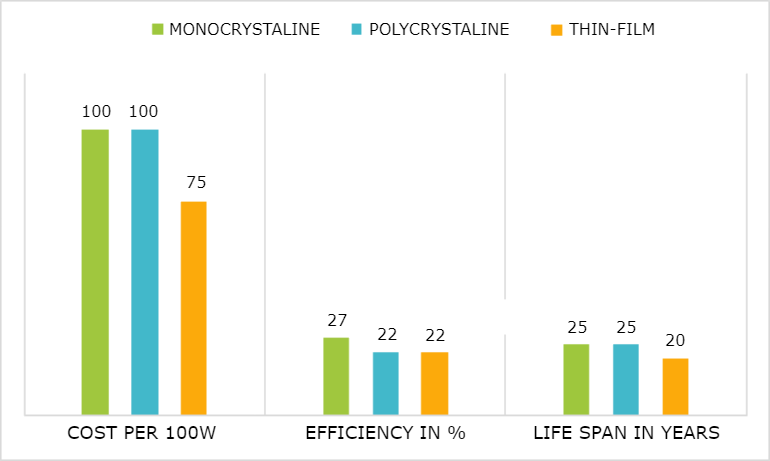
How Efficient is Solar Energy: Harnessing the Power of the Sun
Solar energy, the renewable energy source generated from the sun’s rays, has gained popularity in recent years for its environmental benefits and potential cost savings. But just how efficient is solar energy? In this article, we will delve into the effectiveness of solar energy systems, exploring their efficiency rates, benefits, and considerations for implementation. Join us as we unlock the power of the sun and shed light on the efficiency of solar energy.
The Efficiency of Solar Panels
1. Solar Panel Efficiency Explained
Solar panel efficiency refers to the ability of solar cells to convert sunlight into usable electricity. The efficiency is measured by the percentage of sunlight that is transformed into electrical energy. Typically, solar panels have an efficiency range of 15% to 20%. This means that if 100 units of sunlight hit the solar panel, it will convert approximately 15 to 20 units into electricity.
The efficiency of solar panels is influenced by multiple factors such as the type of solar cell technology used, the quality of materials, and the installation angle and orientation. Newer technologies like monocrystalline and polycrystalline silicon solar cells tend to have higher efficiency rates compared to older thin-film technologies.
Solar panel efficiency is a crucial factor in determining the overall efficacy of a solar energy system. Higher efficiency means more electricity can be generated using the same amount of sunlight, resulting in increased energy production and potential savings.
2. Benefits of High Solar Panel Efficiency
Investing in solar panels with higher efficiency levels offers several advantages. Firstly, higher efficiency means that a smaller surface area of solar panels is required to produce the desired amount of electricity. This is especially beneficial for homeowners with limited roof space or commercial buildings with specific architectural constraints.
Secondly, higher efficiency translates to increased energy production. With more electricity generated, homeowners can potentially meet all their energy needs or even generate excess power that can be fed back into the grid, earning credits through net metering programs.
Lastly, higher efficiency allows solar energy systems to perform optimally under conditions of limited sunlight, such as cloudy days or during winter months. This ensures a consistent energy supply even when weather conditions are less favorable.
3. Factors Affecting Solar Panel Efficiency
Several factors impact the efficiency of solar panels beyond the choice of technology. The cleanliness of the solar panels, for instance, can significantly affect their performance. Dust, debris, and other pollutants can accumulate on the surface of the panels, reducing the amount of sunlight that reaches the solar cells. Regular cleaning and maintenance are essential to maximize efficiency.
Additionally, the location and positioning of the solar panels play a role in their efficiency. Panels facing south and installed at an optimal tilt angle receive the maximum amount of sunlight over the course of a day, increasing their efficiency. Shading from nearby trees, buildings, or other obstacles can also negatively impact the performance of solar panels.
Furthermore, the age of the solar panels can affect their efficiency. Over time, solar panels may degrade, resulting in decreased performance. It is important to consider the expected lifespan and efficiency retention of solar panels when evaluating their viability for a solar energy system.
Efficiency of Solar Energy Storage Systems
While solar panels capture and convert sunlight into electricity, efficiency in solar energy systems also extends to the storage of excess energy for use during non-sunny periods. Here, we explore the efficiency of solar energy storage systems, such as batteries, and their impact on overall system effectiveness.
Solar Energy Efficiency in Practice
4. Real-World Applications of Solar Energy
Solar energy is being harnessed on a large scale worldwide, powering homes, businesses, and even entire cities. Let’s take a closer look at some real-world applications of solar energy and the efficiency achieved in these contexts.
5. Solar Energy Systems vs. Traditional Energy Sources
Solar energy systems offer numerous advantages over traditional energy sources like fossil fuels. In this section, we compare the efficiency and environmental impact of solar energy systems to provide a comprehensive understanding of their benefits.
Maximizing Solar Efficiency: Tips and Considerations
Want to make the most of solar energy and optimize its efficiency? Check out these useful tips and considerations for maximizing the effectiveness and performance of your solar energy system.
Overcoming Challenges: Innovations in Solar Efficiency
The quest for greater solar energy efficiency has led to continuous research and innovation. Explore the latest advancements and breakthroughs in solar technology that aim to enhance the efficiency and sustainability of solar energy systems.
The Future of Solar Energy Efficiency
As technology advances and awareness of environmental concerns increases, the future of solar energy efficiency looks promising. Discover the potential developments and trends that lie ahead in the solar energy industry.
The Bottom Line on Solar Energy Efficiency
Solar energy is a highly efficient and sustainable source of renewable energy. With continuous advancements in solar panel efficiency and energy storage systems, harnessing the power of the sun has never been more convenient and cost-effective. By considering factors affecting efficiency and adopting best practices, individuals and communities can maximize the benefits of solar energy and contribute to a greener future.
Key Takeaways: How Efficient is Solar Energy?
- Solar energy is highly efficient because it harnesses the power of the sun, which is a renewable and abundant source of energy.
- By converting sunlight into electricity, solar panels can have an efficiency rate of around 15% to 20%, depending on the technology used.
- New advancements in solar technology are constantly improving efficiency, with some solar cells achieving efficiency rates of over 40% in laboratory settings.
- Efficiency can vary based on factors such as the location and tilt of the solar panels, as well as weather conditions.
- Despite efficiency variations, solar energy remains a viable and environmentally friendly option for generating electricity.
Frequently Asked Questions
Curious to know more about the efficiency of solar energy? Here are some commonly asked questions on the topic:
How does the efficiency of solar energy work?
Solar energy efficiency refers to the amount of sunlight that gets converted into usable electricity. Solar panels contain photovoltaic (PV) cells, which absorb sunlight and convert it into electricity through the photovoltaic effect. The efficiency of solar panels is measured by the percentage of sunlight they can convert into usable energy. Higher efficiency means more energy is produced from the same amount of sunlight.
Advancements in solar technology have led to significant improvements in efficiency, with some panels now reaching efficiency levels above 20%. However, it’s essential to understand that the efficiency of solar energy is influenced by various factors such as weather conditions, shading, and panel maintenance.
What is the current efficiency of solar panels?
The efficiency of solar panels varies depending on the type and quality of the panel. Traditional silicon-based solar panels typically have an efficiency range of 15% to 20%. However, there are now more advanced solar panel technologies available, like monocrystalline and thin-film solar panels, which can achieve higher efficiency levels of up to 25%.
It’s important to consider that efficiency isn’t the only factor to evaluate when choosing solar panels. Factors such as cost, available space for installation, and specific energy needs should also be considered to determine the best solar solution for an individual or organization.
Can solar energy be considered a highly efficient renewable energy source?
Yes, solar energy is considered one of the most efficient renewable energy sources available today. The efficiency of solar energy not only depends on how well solar panels convert sunlight into electricity but also on its overall environmental impact. Solar energy is clean, emits no greenhouse gases during operation, and has minimal resource depletion compared to other energy sources.
Moreover, with advancements in solar technology and the decreasing cost of solar panels, solar energy is becoming even more efficient and cost-effective, making it a compelling option for both residential and commercial use.
Is there a limit to how efficient solar energy can become?
While there is no strict limit to how efficient solar energy can become, there are practical limitations. The maximum theoretical efficiency for traditional solar panels is around 33%. This is known as the Shockley-Queisser limit and is based on the physics of semiconductor materials.
However, reaching such high efficiencies is challenging and requires overcoming various technical and economic limitations. Researchers and scientists are continuously working on developing new materials and technologies to improve efficiency levels. It’s crucial to strike a balance between the cost of producing highly efficient panels and the practicality of implementing them on a large scale.
How does the efficiency of solar energy compare to other energy sources?
Solar energy efficiency is continuously improving and is now comparable to many other conventional energy sources. For example, the efficiency of solar panels is already on par with or even surpasses the efficiency of coal power plants. Furthermore, solar energy has the advantage of being a renewable and environmentally friendly energy source, unlike fossil fuels.
While there are still challenges to overcome, such as intermittent power generation due to sunlight availability, advancements in energy storage technologies are addressing these concerns. Solar energy is becoming a viable and efficient alternative to traditional energy sources, paving the way for a more sustainable future.
Summary
Solar energy is a great alternative to fossil fuels because it is clean and renewable. It can be used to generate electricity and heat water. Solar panels are becoming more efficient and affordable, making them a viable option for homes and businesses. However, there are a few challenges, such as the need for sunlight and space. Despite these limitations, solar energy has the potential to reduce our reliance on non-renewable resources and help combat climate change. It’s an exciting and promising technology that we should continue to explore and invest in.

